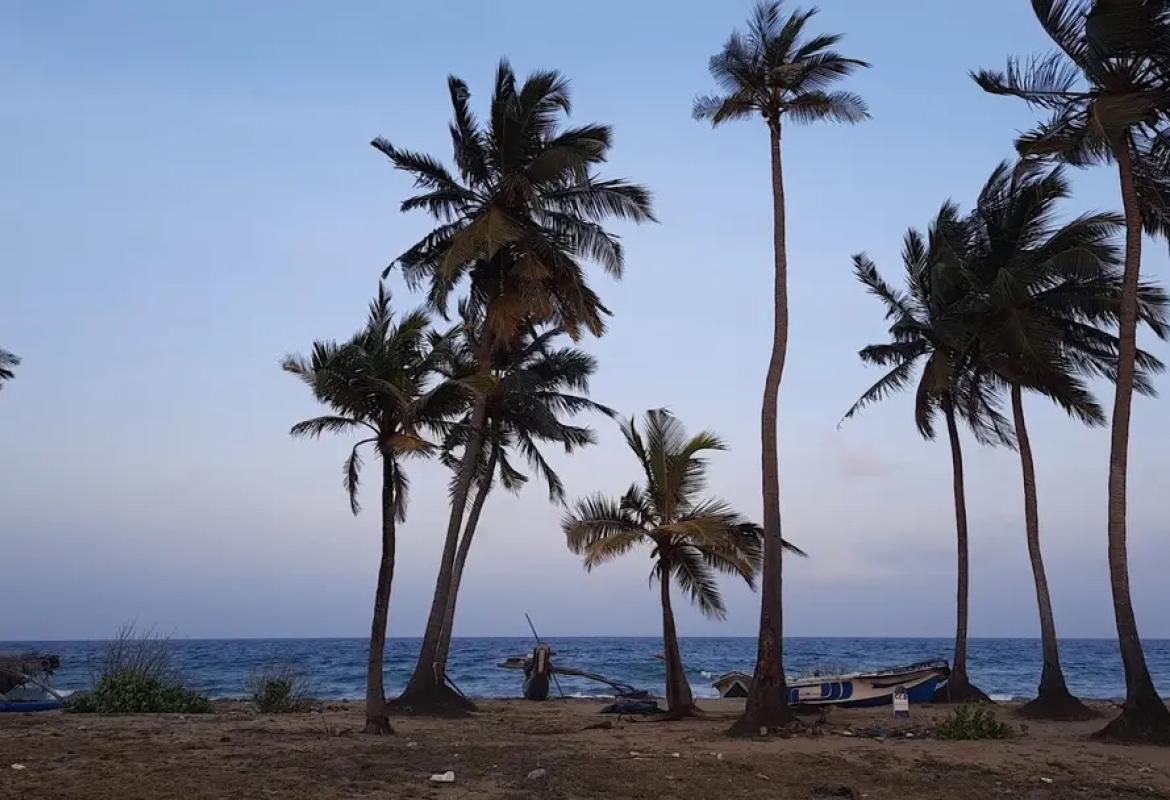Today marks the death of SJV Chelvanayagam QC, who is remembered across the Tamil nation for spear heading the Vaddukoddai resolution, which was overwhelmingly ratified by the Tamil votes in the 1976 parliamentary elections.
After representing the Tamil people for five general elections, experiencing repeated disappointments in over 3 decades of negotiation with the Sinhala majoritarian government, Chelvanayagam QC formulated the Vaddukoddai resolution, which remains a cornerstone of the Tamil movement for self-determination in Sri Lanka.
In the late fifties, Chelvanayagam QC signed the first ever pact between the Sinhala and Tamil community to resolve the issue of Tamil political demands. The Bandaranaike-Chelvanayam pact, signed in 1957, was abrogated by the then President due to vehement opposition by Sinhala parties.
Following another decade of civil disobedience and negotiations, Chelvanayagam QC signed a pact to settle Tamil political demands with the then UNP leader Mr Dudely Senanayake. The 1965 general elections, which preceded the signing of the Chelva-Dudely pact, saw no Sinhala political party obtain an absolute majority in parliament. Despite having the support of the Tamil political parties in parliament Mr Senanayake abrogated the pact as vehement opposition arose in the Sinhala South.

